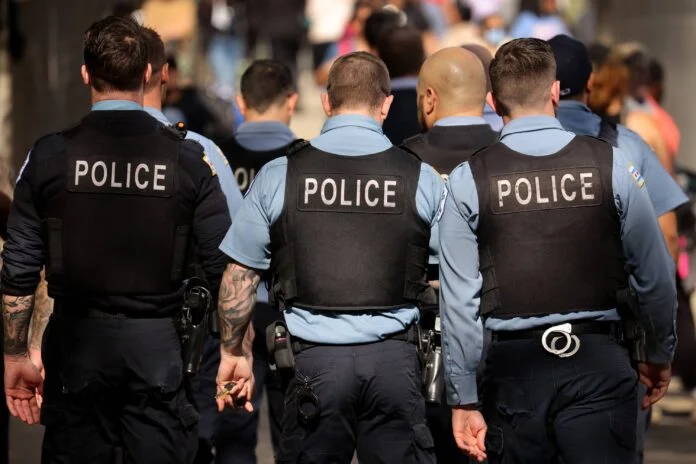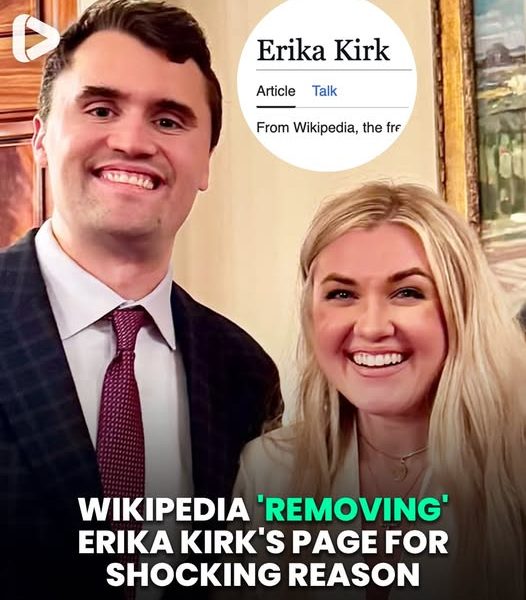A sweeping federal intervention in Washington, D.C.’s law enforcement has sparked intense criticism, with legal experts, city leaders, and members of the public questioning both the scope and the tone of the move.
On Monday, the president announced a month-long federal takeover of the city’s Metropolitan Police Department, citing a need for a stronger approach to crime prevention. The plan involves deploying 800 National Guard troops to patrol city streets, paired with an order for unhoused residents to vacate public areas immediately.
A Hardline Message
In remarks that have drawn significant attention, the president promised “no more Mr. Nice Guy” when it comes to enforcement in the capital. He described the move as part of an effort to restore what he called the city’s “former beauty” and to address what he characterized as lawlessness.
Critics quickly pointed out that the city’s official crime data does not match the administration’s depiction, with violent crime reportedly at a decades-long low.
The announcement’s most debated element came when the president told reporters that officers could “do whatever they want” when confronted with hostility — language many viewed as signaling an expansion of police force beyond current norms.
City Leaders Respond
D.C. Mayor Muriel Bowser described the takeover as “unsettling and unprecedented,” noting that while the city has experienced disagreements with past administrations, this level of federal control over local police is highly unusual.
Civil rights advocates and community leaders expressed concern about the potential for escalated confrontations between law enforcement and residents. Online discussions reflected a similar unease, with many commentators calling the approach a troubling precedent.
Legal Questions and Broader Implications
The decision comes amid an ongoing legal dispute over a previous federal deployment of National Guard troops to Los Angeles earlier this year during immigration-related demonstrations. That move took place without the state governor’s approval, prompting lawsuits over federal versus state authority in commanding National Guard units.
California officials argued that such actions undermine the balance of powers between states and the federal government, while administration officials insist the deployments are permitted under existing statutes.
What Comes Next
For supporters, the administration’s actions signal a willingness to take decisive steps on public safety. For critics, the combination of federal control, military deployment, and broad language about police conduct raises serious concerns about governance, accountability, and civil liberties.
The 30-day federal control period in Washington, D.C. is now underway, with city residents, lawmakers, and national observers watching closely to see how it unfolds — and whether it sets a lasting precedent for federal intervention in local policing.


